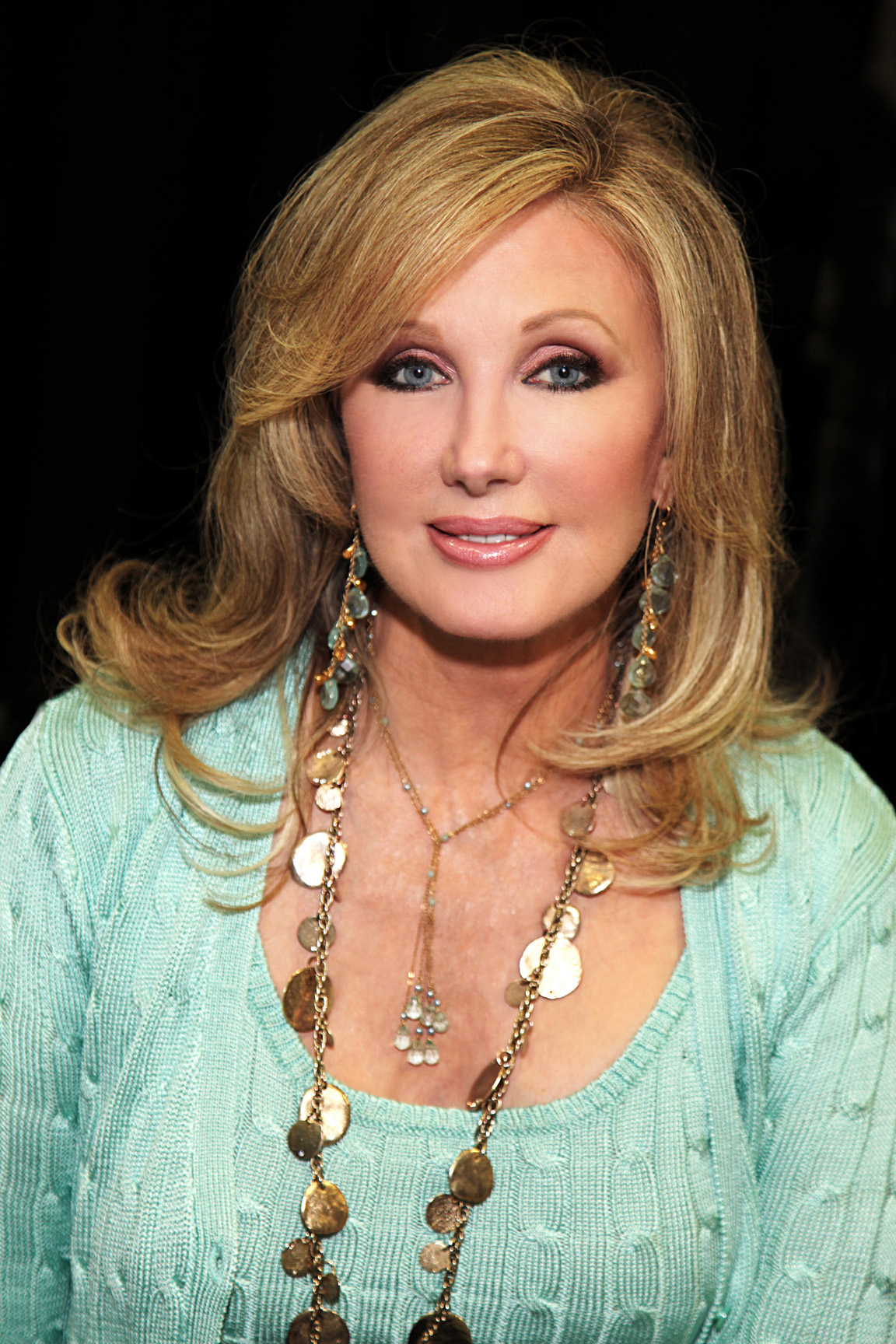Uma Thurman
Explore the comprehensive timeline of Uma Thurman's life and career, highlighting her journey from early beginnings to Hollywood stardom. Delve into key milestones, iconic roles, and personal achievements that have shaped Uma Thurman into a celebrated actress and cultural icon.
Birth of Uma Thurman
Uma Karuna Thurman was born on April 29, 1970, in Boston, Massachusetts. She is the daughter of high-profile parents, with her mother, Nena von Schlebrügge, being a high-fashion model, and her father, Robert Thurman, a renowned professor of Indo-Tibetan Buddhist Studies. Due to her parents' backgrounds, Thurman was exposed to many different cultures and ideas from an early age. This diverse and intellectual upbringing would influence her perspective and career in the arts. Growing up, she moved several times and eventually attended the Northfield Mount Hermon School, a preparatory school in Massachusetts, before pursuing her acting career.
Uma Thurman's Breakthrough in 'Dangerous Liaisons'
Uma Thurman gained significant attention for her role in 'Dangerous Liaisons,' a film directed by Stephen Frears based on the play by Christopher Hampton. Released on October 7, 1988, the movie is set in pre-revolutionary France and revolves around the scheming of two aristocrats. Thurman played the role of Cécile de Volanges, a young and innocent girl caught in the manipulative games of the leads, played by Glenn Close and John Malkovich. Her performance earned her critical acclaim and helped to establish her as a talented young actress in Hollywood.
Pulp Fiction Release and Uma's Role as Mia Wallace
On October 14, 1994, 'Pulp Fiction,' directed by Quentin Tarantino, was released and became a cultural phenomenon. Uma Thurman's portrayal of Mia Wallace, the wife of mobster Marsellus Wallace, became iconic. Her role involved a memorable scene that included a dance sequence with John Travolta and a tense overdose scenario. Tarantino wrote the part specifically with Thurman in mind, and her performance earned her an Academy Award nomination for Best Supporting Actress. 'Pulp Fiction' redefined her career, establishing her as a versatile and daring actress.
Release of 'Kill Bill: Vol. 1'
'Kill Bill: Vol. 1,' directed by Quentin Tarantino and starring Uma Thurman in the lead role, was released on October 10, 2003. In the film, Thurman plays 'The Bride,' a former assassin who seeks revenge on her old team who betrayed and tried to kill her. Thurman's character is central to the film's theme of vengeance and empowerment. Her performance was widely praised for its intensity and physicality, requiring her to undergo extensive martial arts training. The film was both a critical and commercial success, heralded for its action sequences and visual style.
Release of 'Kill Bill: Vol. 2'
Following the success of the first installment, 'Kill Bill: Vol. 2' was released on April 16, 2004, completing the story of 'The Bride,' played by Uma Thurman. In this sequel, Thurman's character continues her quest for vengeance, leading to a dramatic and emotional confrontation with her former lover and enemy, Bill. Her portrayal in the film earned her further acclaim and showcased her ability to carry a major cinematic franchise. The film combines elements of Westerns and martial arts films, with Tarantino's signature style. It solidified Thurman's status as one of Hollywood's leading actresses.
'My Super Ex-Girlfriend' Release
On February 3, 2006, 'My Super Ex-Girlfriend,' a romantic comedy directed by Ivan Reitman, was released, featuring Uma Thurman in the lead role. Thurman played Jenny Johnson, a woman who, after being dumped by her boyfriend, uses her superpowers to make his life miserable. The film provided a lighter, comedic role for Thurman compared to her previous intense performances. While the movie received mixed reviews from critics, it demonstrated Thurman's versatility as an actress, able to transition between action-packed roles and comedic ones.
Uma Thurman Receives France's Ordre des Arts et des Lettres
On June 5, 2008, Uma Thurman was awarded the Ordre des Arts et des Lettres, one of France's most prestigious honors, in recognition of her contributions to the arts. This acknowledgment highlighted her international impact as an actress and her influence on both American and French culture. The award is given to individuals who have distinguished themselves through their creative work in film, literature, or the fine arts and who have contributed to the enrichment of the cultural inheritance. It showcased Thurman's status as a respected artist beyond Hollywood.
Thurman Speaks Out on Harvey Weinstein
On November 23, 2017, Uma Thurman made headlines when she criticized Harvey Weinstein, joining the #MeToo movement. Thurman, who had worked with Weinstein on films like 'Pulp Fiction' and 'Kill Bill,' expressed her anger towards the disgraced producer, revealing her own experiences in the industry. Her statement was part of a larger discourse on power dynamics and sexual misconduct in Hollywood, contributing to awareness and discussions on the toxic environment many faced. Her speaking out was covered extensively, underscoring the influence of her voice in Hollywood circles.
Uma Thurman's Role in 'Suspicion' TV Series
On March 12, 2022, Uma Thurman starred in the Apple TV+ series 'Suspicion,' a high-stakes thriller that showcases Thurman's range as an actress. In this series, Thurman plays the role of a prominent businesswoman whose son is kidnapped, and she must work to uncover the truth behind his disappearance. The series dives into themes of trust and conspiracy, set against a backdrop of intense drama. Thurman's performance in 'Suspicion' adds to her body of work in television, reflecting her ability to adapt to diverse storytelling formats and continue her career in new directions.
Frequently asked questions about Uma Thurman
Discover commonly asked questions regarding Uma Thurman. If there are any questions we may have overlooked, please let us know.
When was Uma Thurman born?
Has Uma Thurman won any major awards?
What was Uma Thurman's breakthrough role?
How did Uma Thurman contribute to the 'Kill Bill' films?
Related timelines
More timelines connected to Uma Thurman







